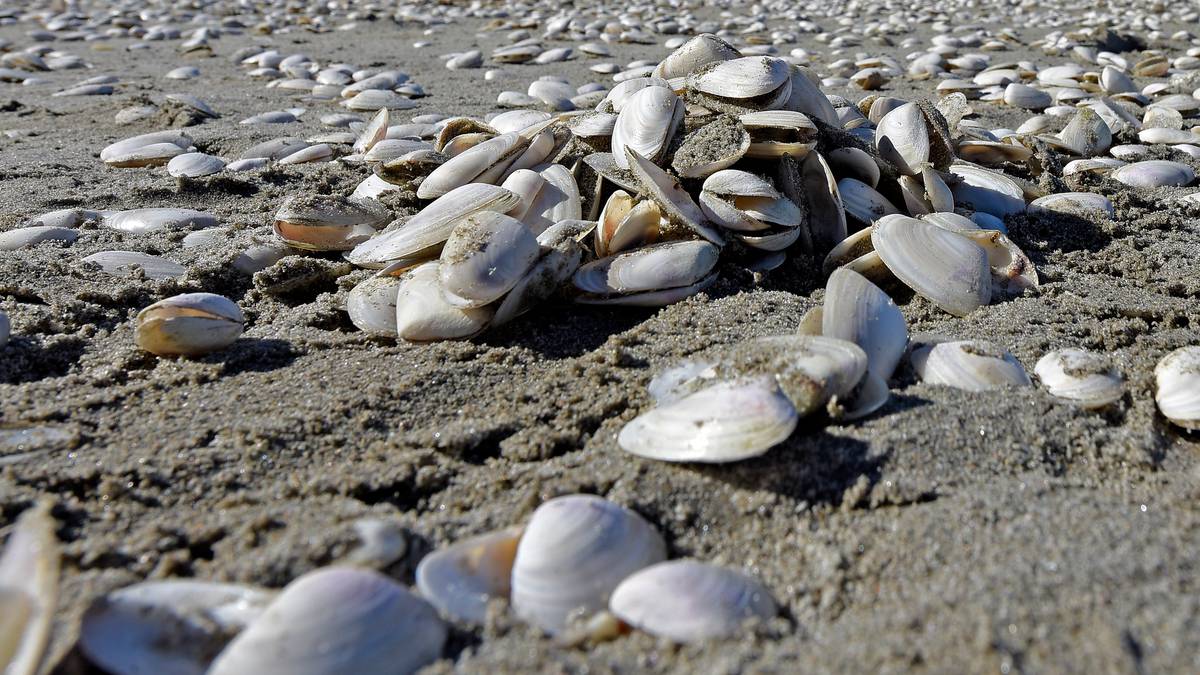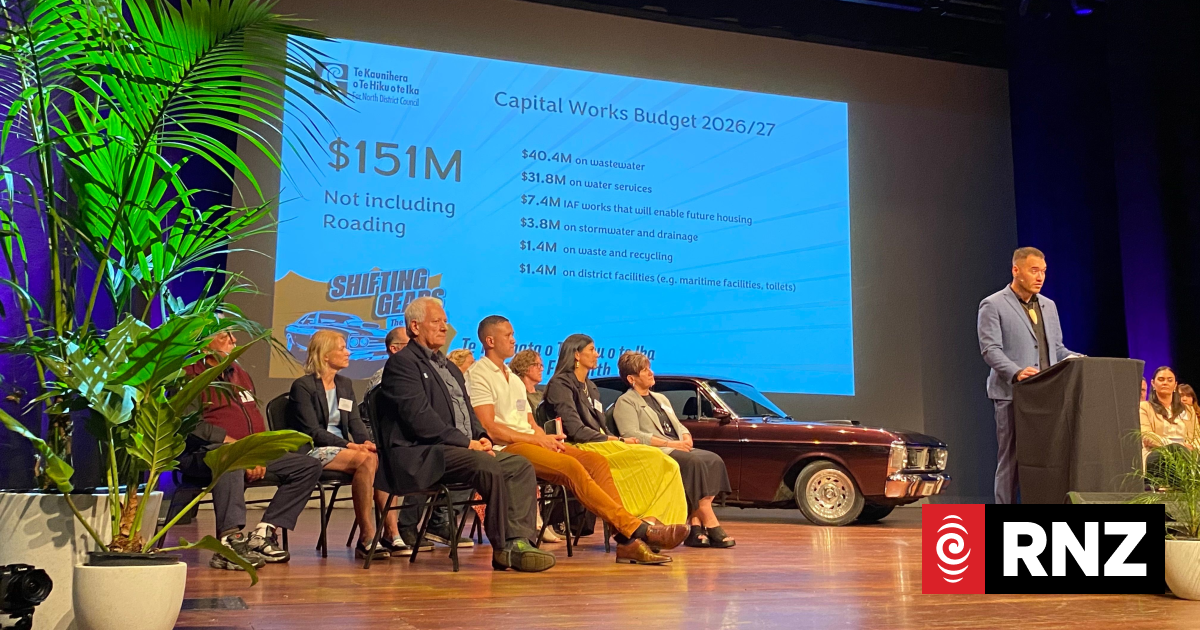Routine tests on shellfish samples taken from Kaipara Harbour have shown levels of Paralytic Shellfish Poisoning. Photograph / George Novak
The Ministry for Primary Industries issued a public health warning against collecting shellfish from the Kaipara Harbour area from today.
The warning extends throughout the whole of the Kaipara Harbour up to a line across the entrance from the top of Oneone Beach across to North Head.
Routine tests on shellfish samples taken from Kaipara Harbour have shown levels of Paralytic Shellfish Poisoning (PSP) toxins above the safe limit of 0.8 mg/kg set by MPI. Anyone eating shellfish from this area is potentially at risk of illness.
Mussels, oysters, tuatua, pipi, toheroa, cockles, scallops, catseyes, kina (sea urchin) and all other bivalve shellfish should not be eaten.
Advertisement
Pāua, crab and crayfish may still be eaten if the gut has been completely removed prior to cooking, as toxins accumulate in the gut. If the gut is not removed its contents could contaminate the meat during the cooking process.
Cooking shellfish does not remove the toxin.
Symptoms typically appear between 10 minutes and 3 hours after ingestion and may include:
- numbness and a tingling (prickly feeling) around the mouth, face, and extremities (hands and feet)
- difficulty swallowing or breathing
- dizziness
- headache
- nausea
- vomiting
- diarrhoea
- paralysis and respiratory failure and in severe cases, death.
If anyone becomes ill after eating shellfish from an area where a public health warning has been issued, phone Healthline for advice on 0800 61 11 16, or seek medical attention immediately.
Advertisement
You are also advised to contact your nearest public health unit and keep any leftover shellfish in case it can be tested.
Monitoring of toxin levels will continue and any changes will be communicated accordingly.
Commercially harvested shellfish – sold in shops and supermarkets or exported – is subject to strict water and flesh monitoring programmes by MPI to ensure they are safe to eat.
Information from Te Tai Tokerau Te Whatu Ora.




